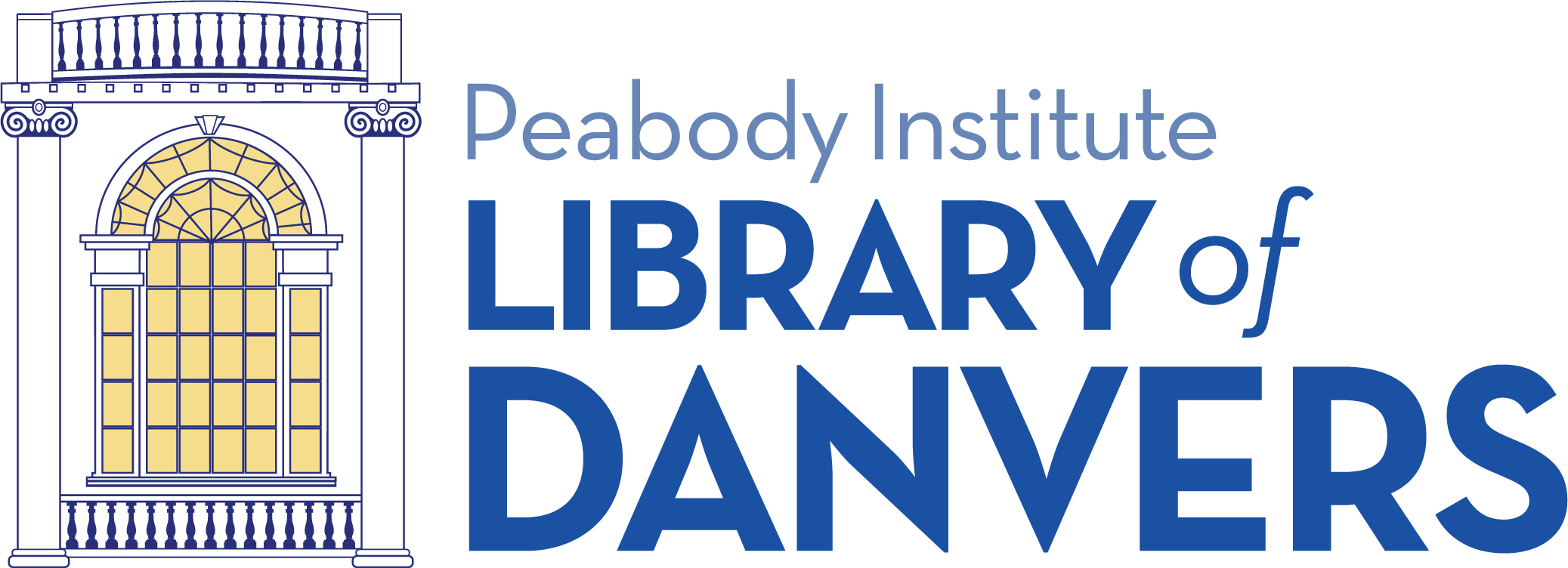For today’s historical reading list we’ve got inventions, bohemian radicals, naval disasters and more. Wherever possible I’ve tried to do a work of non-fiction and a work of fiction for each event.
1707 Scilly Naval Disaster
Four Royal Navy ships run aground off the Isle of Scilly. Hundreds lose their lives, including an admiral in the worst naval disaster in the British Isles. It was largely the result of poor navigation because navigators could not fix their longitude.
Non-Fiction: Longitude: The True Story of a Lone Genius who Solved the Greatest Scientific Problem of His Time by Dava Sobel
Anyone alive in the eighteenth century would have known that “the longitude problem” was the thorniest scientific dilemma of the day–and had been for centuries. Lacking the ability to measure their longitude, sailors throughout the great ages of exploration had been literally lost at sea as soon as they lost sight of land. Thousands of lives, and the increasing fortunes of nations, hung on a resolution. [Goodreads]
1887 John Reed born
A journalist and a poet, John Reed is best known for his work as a Socialist and, later, Communist activist.
Non-Fiction: Ten Days that Shook the World by John Reed
Capturing the spirit of those heady days of excitement and idealism, Reed’s true-to-life account follows many of the prominent Bolshevik leaders, as well as vividly capturing the mood of the masses. Verbatim reports of speeches by leaders, and comments of bystanders — set against an idealized backdrop of the proletariat united with soldiers, sailors, and peasants — are balanced by passionate narratives describing the fall of the provisional government, the assault on the Winter Palace, and Lenin’s seizure of power. [Goodreads]
Fictionish: Reds [videorecording] Warren Beatty and Diane Keaton
I know it’s not a book but it is a great bio pic so I included it.
This movie tells the true story of John Reed, a radical American journalist around the time of World War I. He soon meets Louise Bryant, a respectable married woman, who dumps her husband for Reed and becomes an important feminist and radical in her own right. After involvement with labor and political disputes in the US, they go to Russia in time for the October Revolution in 1917 [IMDb]
1927 Nikola Tesla releases six new inventions
One of the inventions was a Single-Phase Electric Motor. This type of motor uses low amounts of electricity.
Non-Fiction: Tesla: The Wizard of Electricity by David J. Kent
Nikola Tesla was an eccentric genius who out-Edisoned Edison and out-Marconied Marconi. Born of modest means in what is now Croatia and later becoming a naturalized American citizen, Tesla’s inventions include the alternating current (AC) that powers our homes today, radio, wireless transmission, X-rays, and the electrifying Tesla coil. He even worked on development of direct energy weapons (death rays) and vertical takeoff and landing (VTOL) aircraft. [Goodreads]
Fiction: The Invention of Everything Else by Samantha Hunt.
It is 1943, and the renowned inventor Nikola Tesla occupies a forbidden room on the 33rd floor of the Hotel New Yorker, stealing electricity. Louisa, a young maid at the hotel determined to befriend him, wins his attention through a shared love of pigeons; with her we hear his tragic and tremendous life story unfold. [Goodreads]
1962 Day 7 of the Cuban Missile Crisis
On October 14, a U2 spy plane photographed a Soviet nuclear missile emplacement on Cuba, 90 miles from the US. On October 22, Kennedy announced the discovery of the missiles on live television and raised the alert level to DEFCON 3 (2 levels below imminent nuclear war).
Non-Fiction: The Fourteenth Day: JFK and the Aftermath of the Cuban Missile Crisis by David G. Coleman
On October 28, 1962, Soviet Premier Nikita Khrushchev agreed to remove nuclear missiles from Cuba. Popular history has marked that day as the end of the Cuban Missile Crisis, a seminal moment in American history. As President Kennedy s secretly recorded White House tapes now reveal, the reality was not so simple. [Goodreads]
Fiction: The Translator by John Crowley
A novel of tremendous scope and beauty, The Translator tells of the relationship between an exiled Russian poet and his American translator during the Cuban missile crisis, a time when a writer’s words — especially forbidden ones — could be powerful enough to change the course of history. [Goodreads]









